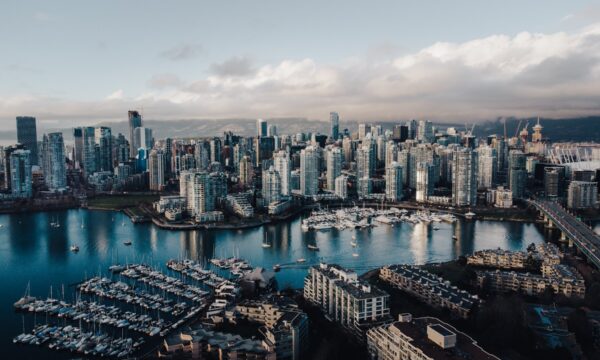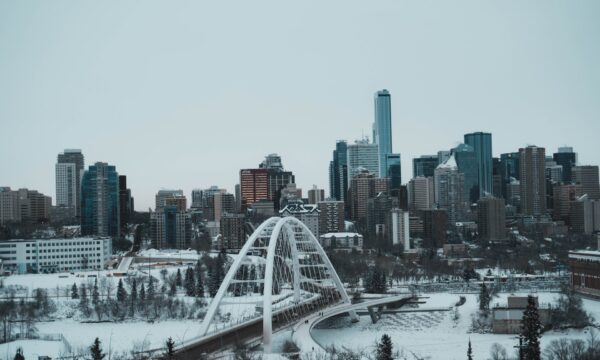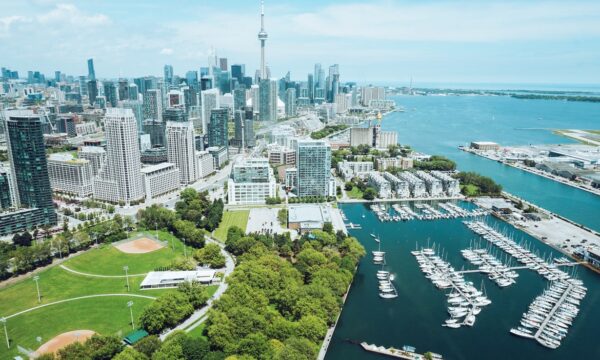The COVID-19 pandemic has affected everybody, across all sectors of society in ways no one could have predicted possible in January. Perhaps no industry has been as heavily affected as the airline and tourism industries, as the knowledge of possible aerosolization of the virus has understandably caused hesitation from passengers about boarding enclosed planes. The assumption has been that the air in planes could not possibly be clean at the best of times, and will just circulate the virus in today’s circumstance.
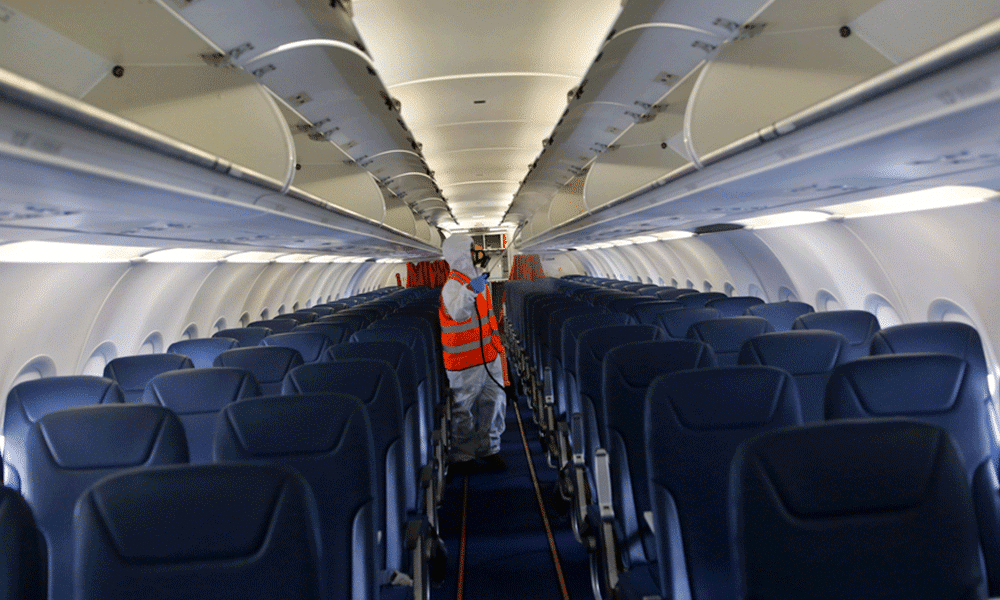
Modern, Advanced Air Filtration
However, recent studies have come out that have completely debunked popular theories about cabin air quality. These studies document how the various filters and air recycling technologies greatly reduce the transmission capability of the coronavirus, and are upgrades that airlines were making anyways.
In general, all modern aircraft are equipped with state of the art, hospital grade HEPA filters, which and-safe-is-a-planes-cabin-air”>remove up to 99.999% of particulates in cabin air. With the air changed every 2-3 minutes using outside air coming in through the engines, combined with these HEPA filters and downward ventilation systems, there has been demonstrated a 99.7% reduction in coronavirus transmission, even with all the seats filled. What’s more, the filters on 767 and 777 jets have been proven to remove particulates from cabin air 15 times faster than home air filters and 5-6 times faster than even hospital operating rooms. Watch the video below from JetBlue about how their air filtration system functions.
Further Airline Safety Measures
Figures such as the above are noteworthy by themselves, yet combined with mask wearing mandated on every flight, the risk for transmission drops even more, even with the inability to socially distance. Even going beyond mask wearing, the Calgary international Airport is instituting a pilot project for fast testing before boarding and after disembarking. The more widespread adoption of these forms of tests will enable airlines to prohibit passengers from boarding, even if they are not showing any symptoms.
In addition to these passenger-based and air quality measures, airlines have enacted very stringent sanitization procedures before passengers board. From this article in the New York Times documenting a Delta plane at JFK airport in New York, a crew of nine cleaners is used for disinfecting upon the disembarkation of the previous passengers. One crew member uses an electrostatic spray gun to clean every surface, while the rest of the crew finishes with the seatsand sanitizes the lavatories and every other surface of the cabin. This happens with every aircraft, after every flight in a process that takes approximately 15 minutes. When time permits, the plane is given a deep clean, which means the seat cushions are removed and the carpets shampooed.
Safer than Grocery Shopping!
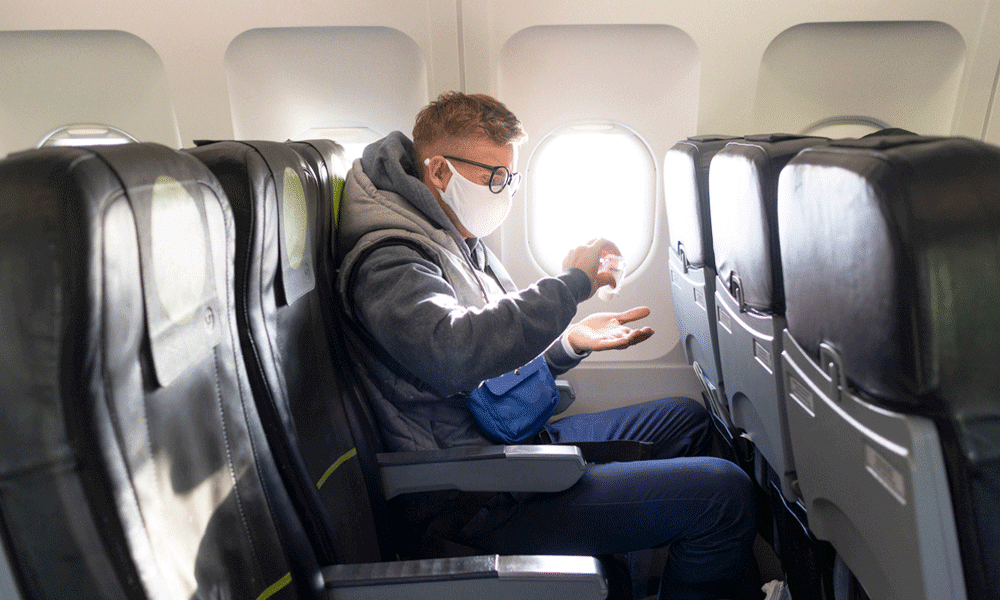
While it is understandable if people are hesitant about flying, many people must travel or desire a getaway. For those people, they can rest assured that modern airplanes had already begun to install leading-edge air filtration systems before COVID, and the pandemic has only made them redouble their efforts to provide the cleanest air possible. Combined with relatively newly enforced mask mandates, intense sanitization procedures and possible fast testing, a study from Harvard University states that boarding a plane is now safer from COVID than shopping for groceries.
Airline Ticket Centre agents are available to help you with any concerns you may have, and to fill in details regarding specific airlines. Please, do not hesitate to contact us ahead of booking your tickets for help with any issues regarding your travel.

